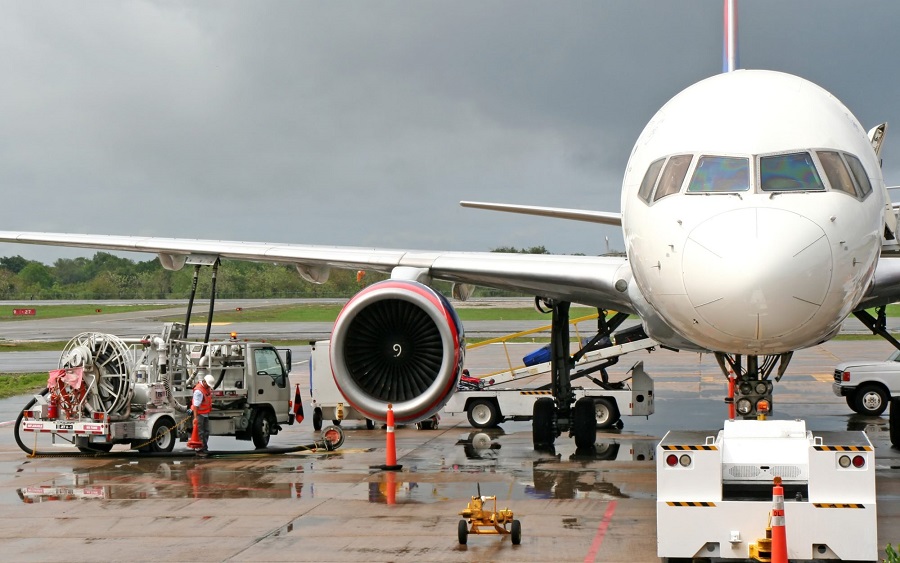Summer 2020 is here, and without the interference of COVID-19, this would have been one of the busiest summers in history. For the first time, we had a European Soccer Tournament hosted across different countries in Europe. Spain, Holland, Romania, Denmark, Hungary, Ireland, England, Russia, and a few countries, to mention a few, are all in line to host the world for this spectacular tournament. Many people (including myself) were planning on trips to Europe to watch some of the tournament’s exciting games. Another tournament scheduled to hold in Tokyo this summer was the 2020 Olympics. Think about what that would have meant for the Asian markets. Think about the demands that would have generated across the board.
The Dubai Expo 2020, a once in a lifetime event, was going to be the largest ever celebration hosted in the Emirates. The event was primed to welcome 190 participating countries and millions of visitors from across other continents. Think about tourism to Dubai usually, think about tourism to Dubai if this event were to hold (without COVID-19), and now think of it not even holding at all.
READ MORE: Shell warns investors it may write down up to $22 billion due to oil crash
The demand for travel was primed to reach its zenith this year. That would have meant a lot for the aviation industry, airlines, and, most importantly, Oil markets. Now we have Oil markets leeching on a relatively insignificant demand for travel. Jet fuel demand averages about 8 million barrels per day. As a result of the pandemic, The International Energy Agency expects demand for jet fuel and kerosene to fall by 2.1 million bpd on average in 2020.
According to an article in Reuters, Per Magnus Nysveen, Head of Analysis at Rystad Energy said, “Jet fuel consumption will be impacted for a longer time and maybe not recover fully even next year. The reason is that travelers remain concerned about long-haul vacations, and businesses get used to online meetings”.
We are now faced with a travel industry that is more precautionary of a virus, so this means fewer travels and social distancing in aircraft. Although a few people are acting oblivious to the pandemic by carrying on with their summer plans, travels are still below pre-pandemic levels. American Airlines and United Airlines have also decided to ditch social distancing, as seen in an article on Forbes. American Airlines said in its press statement last week.
READ ALSO: Forex: U.S dollar gains strength, global geopolitical climate worsens
“As more people continue to travel, customers may notice that flights are booked to capacity starting July 1. American will continue to notify customers and allow them to move to more open flights when available, all without incurring any cost,” Nysveen added.
Albeit, that statement caused a lot of criticism from some members of the public, it is evident the airline is trying to salvage some revenue after the dilapidating effect the pandemic had on the airline industry just as the pandemic hurt Oil markets.
Now the Oil markets need airlines to rally. In the diagram below, some resistance is formed above the $43 mark, albeit worries over a second wave of the coronavirus surfacing in most American cities. A massive sell-off happened at Wall Street last week on the back of these concerns. The Oil bulls need momentum to reach the $50 price level, and that would only be possible if airlines resume in full capacity.

The markets have reached their current levels on the backdrop of OPEC production cut and hopes of a reopening economy. If airlines begin to operate pre-pandemic capacity, we would be in store for a rally in prices. But when would airlines begin operating at pre-pandemic capacity? That remains the question the Oil markets have no answer to.
























Good morning sir, I just read your profile now. As an oil and energy expert, can you predict that there will be increase in price of crude oil in international market? Secondly sir, which business is profitable now at this pandemic era or time? Kind regards
Hello @Ahmadu, to answer your first question, The price of oil increasing is dependent on the cyclical nature of the industry. We have peak times and we have down times (like what we are experiencing now). We have times supply would reduce (shale problem or geopolitical tensions in the Middle East) which would increase price of oil.
2) Developing your business model for a pandemic is quite tricky, given that pandemics are temporary. Think of a business that would survive in normal ann abnormal situations.